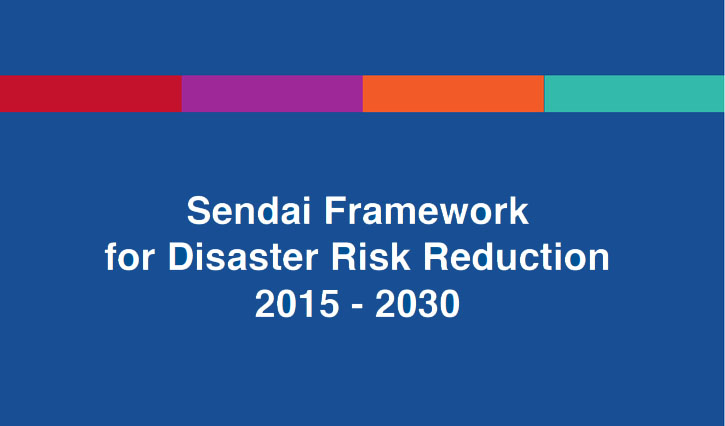The Center participated in Regional Workshop on Central Asia hydrometeorological modernization
From November 4 to 6, 2024, the Center took part in the Regional Workshop on the National Capacity Assessment (NCAT) within the framework of the World Bank's "Central Asia Hydrometeorological Modernization Project CAHMP-II," held in Samarkand, Uzbekistan.
The workshop was organized by the Agency of Hydrometeorological Service of the Republic of Uzbekistan (Uzhydromet) and the World Meteorological Organization (WMO) with the support of the World Bank.The event was attended by representatives of national hydrometeorological agencies from Central Asian countries, as well as international experts, who exchanged experiences and ideas in increasing resilience to natural disasters and climate-related risks.
The main objective of the workshop was to review and approve of the NCAT report, refine and present the Roadmap for hydrometeorological agencies of Central Asia to implement the second phase of the project over the next five years.
In his address, Mr. Stefan Uhlenbrook, Director of the Hydrology, Water Resources, and Cryosphere Department of the World Meteorological Organization, emphasized the importance of the workshop as a platform for fostering cooperation, exchanging experiences between countries of the region, and developing concrete steps to strengthen the fight against climate change in Central Asia.
The workshop focused on collecting feedback and reviewing findings, assessing and discussing existing opportunities and needs to enhance the effectiveness of hydrometeorology, improving early warning systems and increasing forecast accuracy in Central Asia. The workshop also showcased the results of the assessment of hydrometeorological agencies in Central Asia, including their current status, gaps and needs, which made it possible to develop recommendations for further improvements in their operation and coordination. The importance of joint work within the Flash Flood Guidance System (FFGS), which is actively used to prevent disasters caused by floods, was emphasized.
The Hydrometeorological Modernization Project had also a significant impact on forecast accuracy. In the Kyrgyzstan and Tajikistan, forecasts has improved by up to 30%, which is an important achievement in improving preparedness for climate-related threats.
The Center, recognized by the World Bank as the regional link, participated in working groups discussing the proposals and reccomendations of workshop participants. The discussions included opportunities for joint project implementation with international partners aimed at improving forecasting, monitoring, and early warning systems.
Discussion of the results and proposals for improving the work of hydrometeorological agencies helped to develop recommendations for further improvement of regional collaboration and cooperation.
The workshop in Samarkand marked an important step in strengthening regional cooperation and developing sustainable hydrometeorological systems in Central Asia, as well as in ensuring effective adaptation to changing climate conditions and reducing the impact of climate-related disasters.














